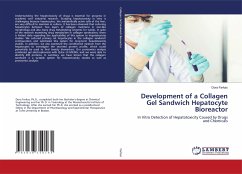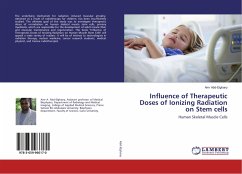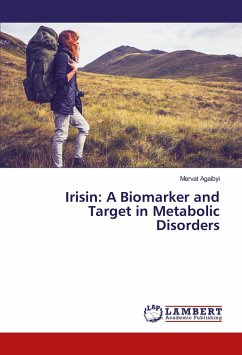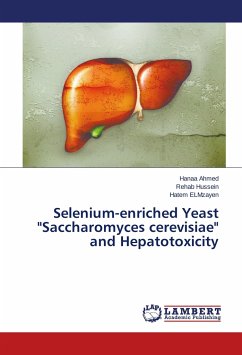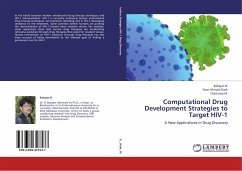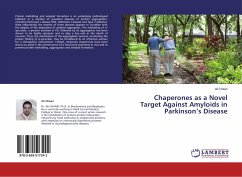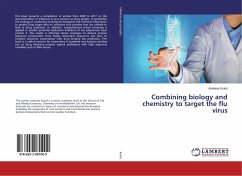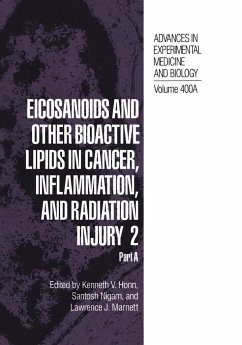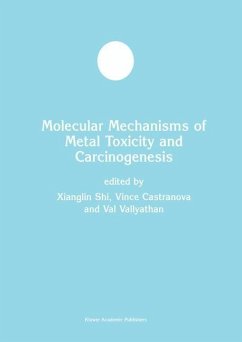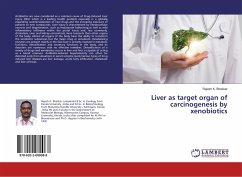
Liver as target organ of carcinogenesis by xenobiotics
Versandkostenfrei!
Versandfertig in 6-10 Tagen
24,99 €
inkl. MwSt.

PAYBACK Punkte
12 °P sammeln!
Antibiotics are now considered as a common cause of Drug-Induced Liver Injury (DILI) which is a leading health problem especially in a globally expanding commercialization of new drugs and the increasing exposure of patients to new compounds. Liver injury is characterized by hepatocellular necrosis and degeneration, such as hepatocyte ballooning,as well as mild inflammatory infiltrates within the portal tracts and, less commonly, cholestasis. Liver and kidney concentrate more toxicants than other organs of the body. Almost all organs of the body have the ability to transform the xenobiotic sub...
Antibiotics are now considered as a common cause of Drug-Induced Liver Injury (DILI) which is a leading health problem especially in a globally expanding commercialization of new drugs and the increasing exposure of patients to new compounds. Liver injury is characterized by hepatocellular necrosis and degeneration, such as hepatocyte ballooning,as well as mild inflammatory infiltrates within the portal tracts and, less commonly, cholestasis. Liver and kidney concentrate more toxicants than other organs of the body. Almost all organs of the body have the ability to transform the xenobiotic substances but the major drug or xenobiotic metabolizing enzymes are present mainly in the liver.Liver is actively involved in metabolic functions, detoxification and secretory functions in the body, and its disorders are numerous with no effective remedies. Detoxification of a variety of drugs and xenobiotics occurs in liver and liver is capable of acting as a blood reservoir. Antibiotic-induced hepatotoxicity can often be detected early from elevations in serum enzyme levels.Various types of drug induced liver diseases are liver damage, acute fatty infiltration, cholestatic and liver cirrhosis.



